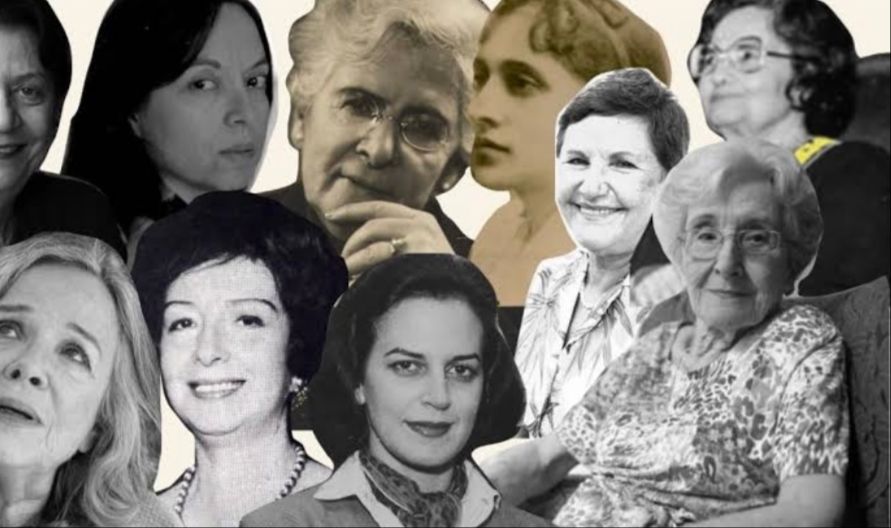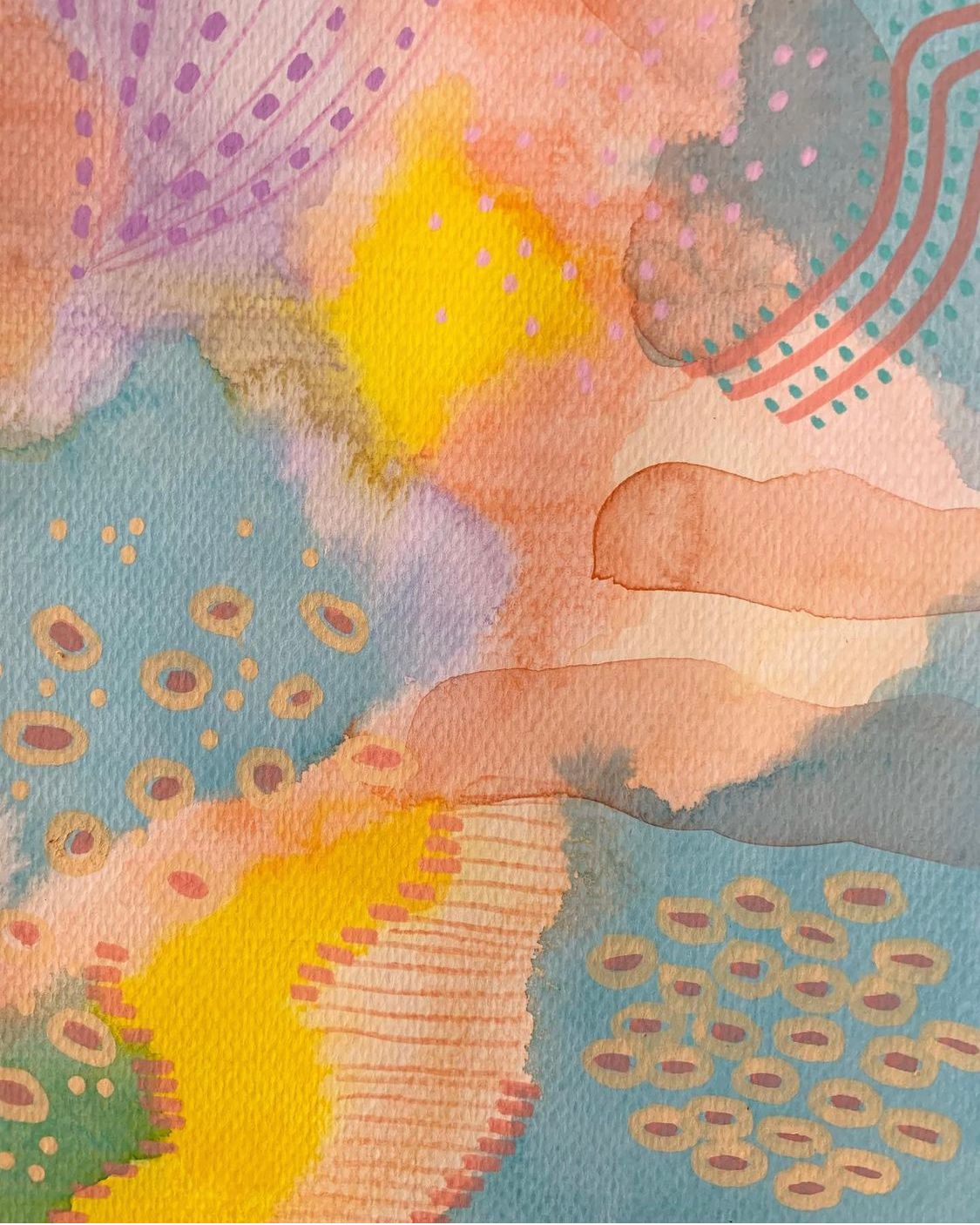In its Last column , Julián Fuks speaks On the fascination provoked by sincerity, in art and in life . The writer speaks of sincerity, but not a crude, coarse sincerity, but that "of those who throw themselves into their own depths and return lucid, serene, eager to say."
Fuks says that Tolstoy defended sincerity as the greatest attribute of the artist, who must have in himself a need to express his feelings. He then speaks of writers who can only write about what they have experienced, lived, that is, those who can only produce autobiographical writing. "There are those who accuse this of a loss, a reduction of literature to the condition of testimony, its narrowing to the limits of the biographical," the writer says.
For my part, I have an intense interest precisely in this writing, the one that goes within itself, which speaks of a singular experience. I think that those who throw themselves into its most intimate depth, find a universe that, quite unlike being reduced, is so vast and rich that, as Fuks says, it emerges desirous of saying what it has found there.
It was then that I remembered a recent reading, that of the book Yoga , by the French writer Emmanuel Carrère, which he intended to be an "insightful and sympathetic book on yoga" and which ends up being a mixture of an essay on yoga and – perhaps mainly – an autobiographical account. His narrative begins in a meditation retreat that is supposed to last 10 days, but which becomes an account of many other things he experienced directly and others by which he was indirectly affected, such as a terrorist attack, the refugee crisis and the period he spent hospitalized at the Sainte-Anne Hospital.
In one passage, Carrère affirms precisely his interest in autobiographical writing:
* Writers who write what goes through your head are my favorites, Montaigne being our patron saint, he who does exactly that, writes what goes through his head in the purest indifference to the opinion of people who say they don't care about what goes through their head and that you have to be very pretentious, very self-centered, to record this, for Montaigne thinks that nothing is so interesting as that, and all the more interesting because he is an ordinary man, not one whose memoirs are read by his great deeds, but one who has no other peculiarity than that of being a man, and for that reason alone, without covering himself with exceptions, To be able to witness what it is to be a man (p. 69, digital version).
This is what Emmanuel does in his book, a brutally honest writing – sincere, to use Fuks' term – about what goes on inside his head, both in the moments of the deepest meditative peace and in those of the most terrible discouragement.
I am a narcissistic, unstable man, saturated with the obsession of being a great writer. But it's my quota, it's my baggage, you have to work with what you have, and it's in this man's skin that I must make the crossing (p. 118, Kindle version).

Emmanuel, a supporter of this sincere, honest writing, ended up hooking me and represented a break in a long sequence of readings almost strictly by female writers. All of them talking, each in their own way, about being a woman, either through an essay or through a more clearly autobiographical writing. I was carried away almost without realizing it and without even being able to elaborate a cohesive text here.
Julián Fuks' column also touched me on this point, when he cites Lispector and Ernaux as examples of shameless writing, revealing singular, intimate and, in my view, often (wonderfully) raw experiences, affections and feelings. Of Ernaux, for example, he says:
Her aptitude for sincerity seems to derive from her complete independence: she owes no words to anyone but herself (Fuks).
The writer then cast a kind of flash in the middle of all these readings that I have been doing, of the scattered notes and italics scattered over pages and pages. Perhaps there is this common point in the writing of these women, the sincerity and all the power it carries, but, above all, as he says, the "leading a sincere life". How would it be possible to write sincerely without leading a life in the same way? And how would it be possible to lead this authentic life without having the independence to do so? Going a little further, how can you enjoy independence without freedom?
Deborah Levy, quoting Simone de Beauvoir, the diaries of Susan Sontag and Louise May Alcott, states: "I have always been interested in diaries. In them there seems to be at work a writer made of shadow. In search of her truest thoughts, she finds herself stretched out like a shadow on the page, higher than her physical self (p, 105, in Real Estate ).". To allow themselves to write sincerely, to be able to look at that shadow, These women had to build ways to detach themselves from what was expected of them , abandon the role of Angel of the House – expression proposed by Virginia Woolf.
The space, the silence, the freedom necessary for feminine writing, were not/are not found, found; they were and continue to be laboriously manufactured by them. And if Montaigne thought that what went through the mind of an ordinary man was worthy of the greatest interest (and I do not deny that there is something very interesting there), what about what goes through the mind of an "ordinary woman"? What can we say about the testimonies of what it is to be a woman, those that have already been written and all that are yet to come? The sincerity of the women, of their writing, can be frightening for many, as it has been/is capable of transforming reality in a way that the common man could not even imagine. And much is yet to come.






